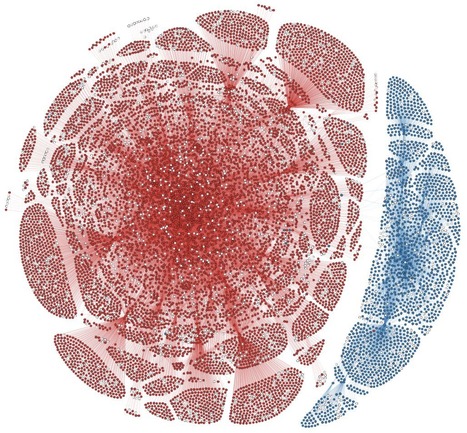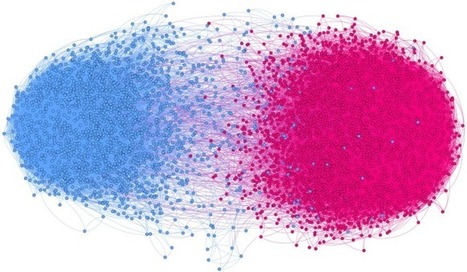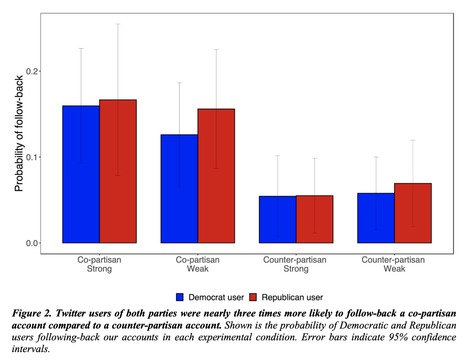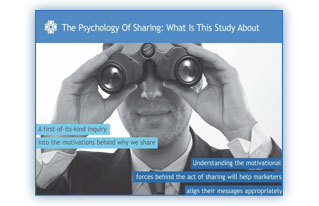Christopher Torres-Lugo, Kai-Cheng Yang, Filippo Menczer
A growing body of evidence points to critical vulnerabilities of social media, such as the emergence of partisan echo chambers and the viral spread of misinformation. We show that these vulnerabilities are amplified by abusive behaviors associated with so-called ''follow trains'' on Twitter, in which long lists of like-minded accounts are mentioned for others to follow. This leads to the formation of highly dense and hierarchical echo chambers. We present the first systematic analysis of U.S. political train networks, which involve many thousands of hyper-partisan accounts. These accounts engage in various suspicious behaviors, including some that violate platform policies: we find evidence of inauthentic automated accounts, artificial inflation of friends and followers, and abnormal content deletion. The networks are also responsible for amplifying toxic content from low-credibility and conspiratorial sources. Platforms may be reluctant to curb this kind of abuse for fear of being accused of political bias. As a result, the political echo chambers manufactured by follow trains grow denser and train accounts accumulate influence; even political leaders occasionally engage with them.
Via Complexity Digest



 Your new post is loading...
Your new post is loading...











